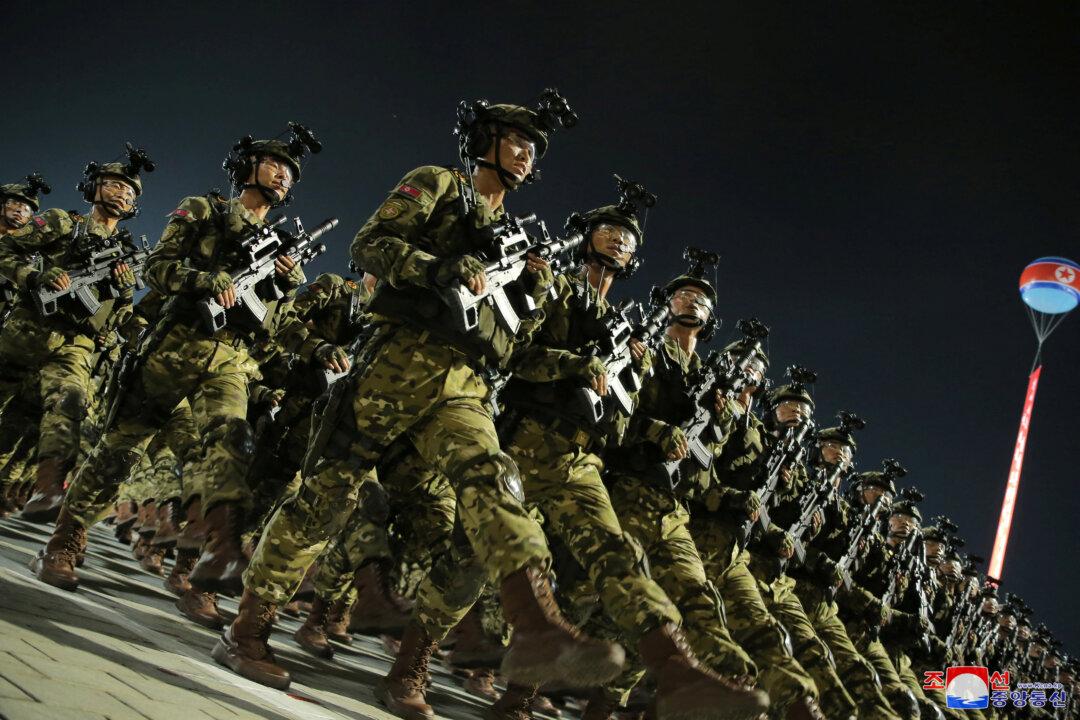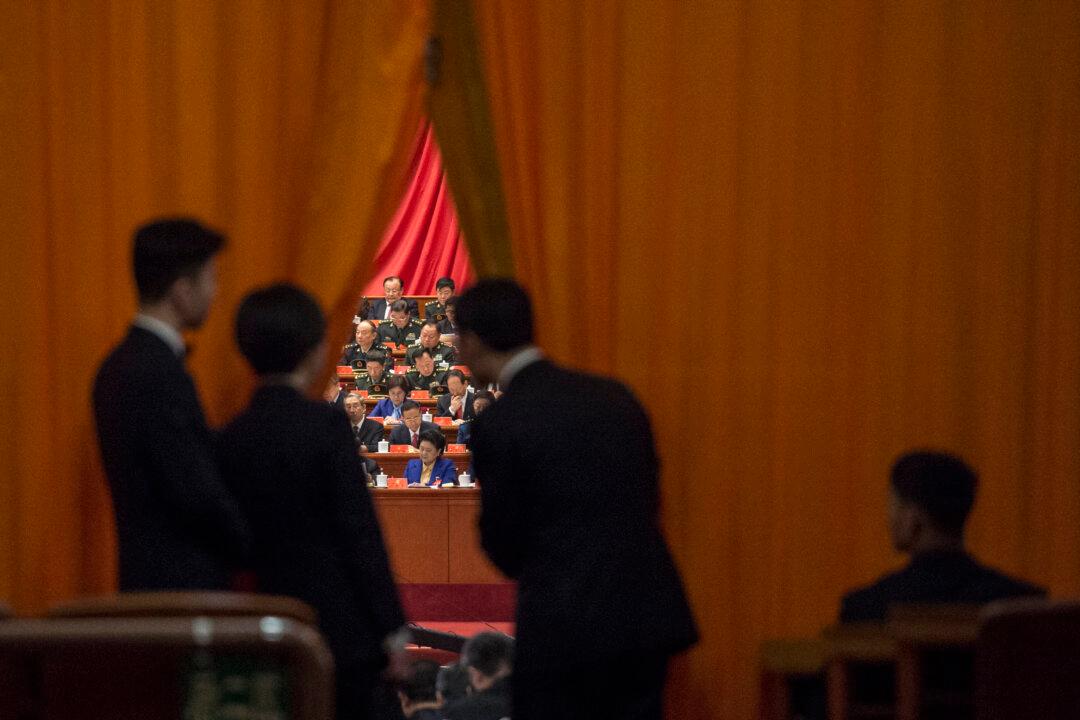After several months of preparation, a group of mainland China rights activists and law professionals launched a collective appeal to urge the National People’s Congress (NPC) to approve the International Covenant on Civil and Political Rights (ICCPR) before March 2008. Currently, 14,070 Chinese citizens from around the country have expressed their support.
The Chinese communist regime signed the ICCPR as early as 1998, but nearly ten years have passed yet its highest authority in name—The National People' Congress (NPC) has never approved the covenant.
The collective appeal letter is addressed to all members of the NPC, the chairman of the standing committee of NPC Wu Banguo, the regime’s leader Hu Jintao and Premier Wen Jiabao. The letter calls for the unreserved approval of the covenant before the Beijing Olympics.
The core principles of ICCPR are respect for the equal and inalienable rights of human beings such as civil and political freedom and freedom from fear, the right of self-determination, freedom of speech, freedom of assembly, freedom of religious belief and so on.
The appellants said in the letter that based on the covenant and the obligation of Chinese citizens, they have come up with nine detailed suggestions including:
- Reconsider the death penalty as the method of punishment
- Strengthen the legal protection measure for Chinese citizen’s individual safety and freedom.
- Recognize freedom of speech, protect freedom of press and publishing
- Protect Chinese citizen’s freedom of assembly and protest.
- Respect freedom of religious belief and recognize the self-administration of religion and so on
Renowned Chinese attorney Zhang Jiankang, one of the initiators of the collective appeal, said the activity comes from the common understanding of both China’s legal professional and rights advocators. They all hope that the regime can give a positive response, and they believe that China, as one of initiating countries of the United Nations and one of the five Permanent Members of the U.N. Security Council, should fulfill its obligation to approve the covenant.
Attorney Zhang also said that many human rights lawyers could not quote the covenant when handling legal cases because it has not been passed in China. And he believes that the approval of the covenant has profound meaning in human rights protection in China. It will extend Chinese citizen’s living space and human rights lawyers will have more freedom in court.
It is also a gauge and standard to measure the government’s law enforcement department. It will expose all current bad law and regulations under the sun.




